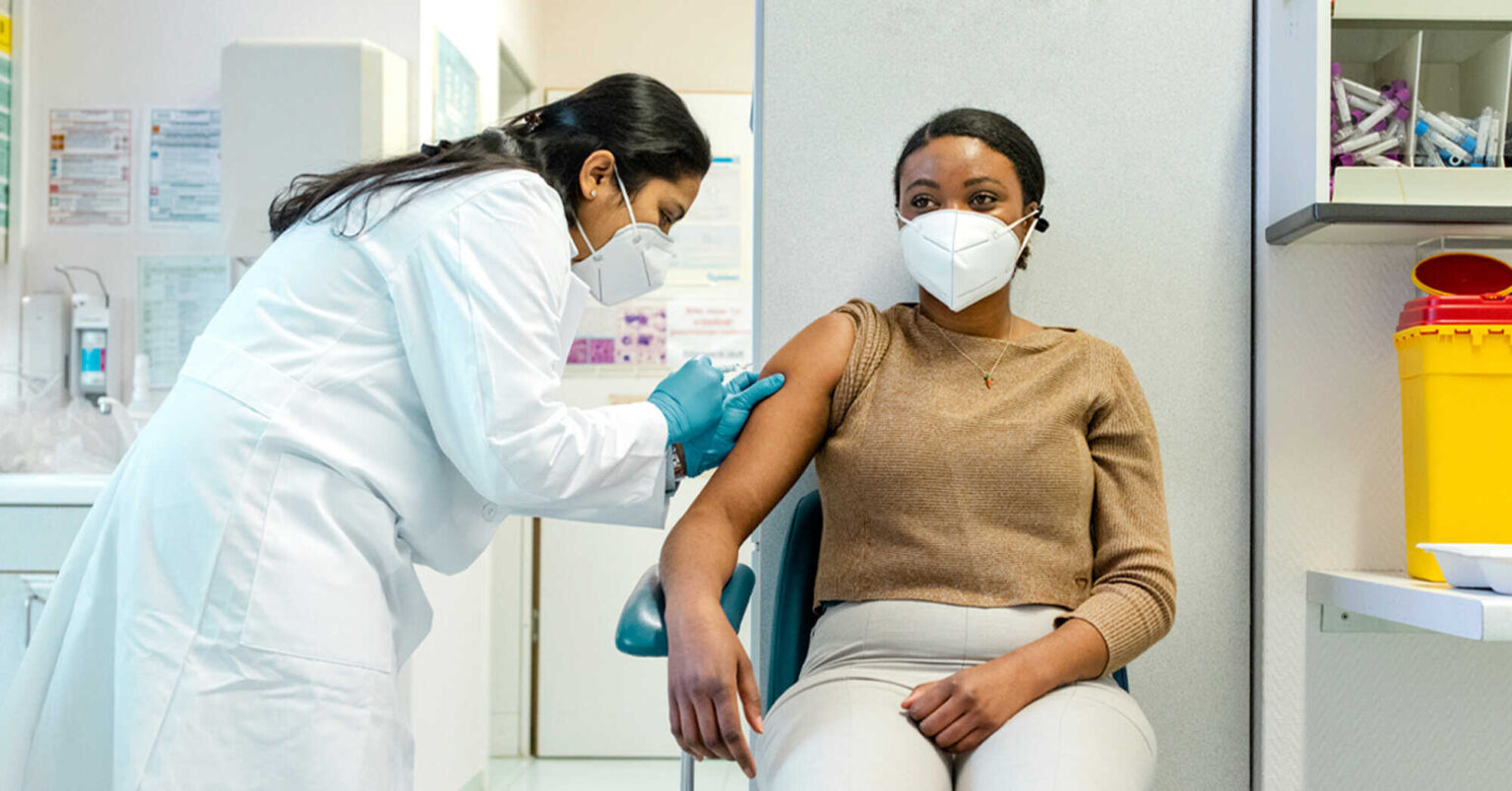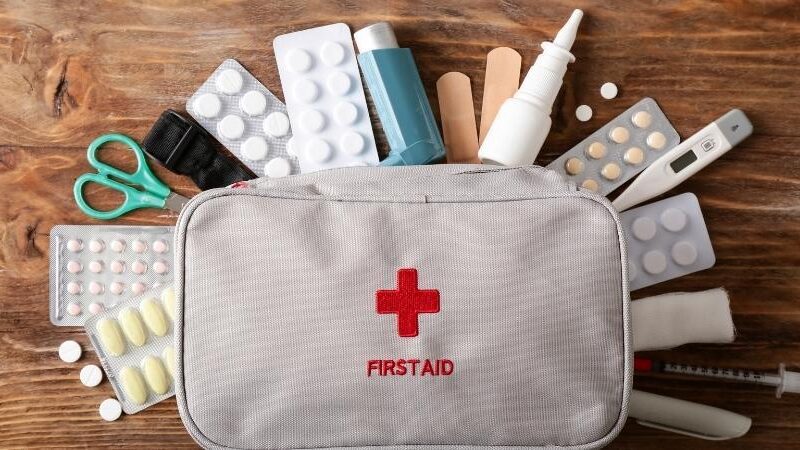
The importance of knowing basic first aid
First aid is a vital form of immediate care that can be provided to an individual who suddenly falls ill or sustains an injury, before professional medical help arrives. Understanding and possessing basic first aid skills and techniques can have a profound impact on saving lives in critical situations.
Accidents can occur in various settings, whether it’s at the workplace, on the sports field, or even within the confines of our homes. Being equipped with the knowledge of what to do in an emergency is essential, as it can make the crucial difference between life and death. first aid Skills are not exclusively reserved for medical professionals; anyone who is willing to learn them can acquire this empowering knowledge.
When confronted with an emergency, it is imperative to remain calm and composed, as panic can impede effective decision-making and response. In this comprehensive guide, we will walk you through the step-by-step procedures to take during a medical emergency, equipping you with the confidence and capability to handle such situations with utmost competence.

Why First Aid Training Matters:
Prompt Response: Accidents and medical emergencies can occur unexpectedly, and every second counts. First aid training enables individuals to respond quickly and confidently, minimising the time between the incident and appropriate care. By acquiring first aid skills, you become a crucial link in the chain of survival.
Life-Saving Techniques: First aid training provides you with essential life-saving techniques, including cardiopulmonary resuscitation (CPR), wound care, choking relief, and managing allergic reactions. These skills can prevent further harm, stabilise the injured person, and potentially save lives before professional medical help arrives.
Confidence and Preparedness: Knowing how to handle emergencies gives you confidence and peace of mind in your ability to provide immediate assistance. First aid training equips you with the knowledge to assess situations, make informed decisions, and administer appropriate aid, reducing panic and ensuring a calmer response during critical moments.

Responding to emergencies
Assess the situation: The first step in handling a medical emergency is to assess the situation. Check for any immediate dangers, such as fire or electrical hazards, and move the person to a safe location if necessary. Then, evaluate the person’s condition to determine the severity of the situation. Are they responsive? Are they breathing? Is there severe bleeding or a potential fracture? These are important questions to ask to determine what kind of medical attention is needed.
Call for help: Once you’ve assessed the situation, it’s time to call for help. If you’re in a public place, look for a nearby emergency phone or call emergency services on your cell phone. Provide your name, location, and a brief description of the situation, and follow any instructions given to you by the operator. If you’re at home, call your local emergency number or transport the person to the nearest medical facility.
Administer first aid: While waiting for medical help to arrive, it’s important to administer basic first aid to the person. This may include stopping bleeding, performing CPR, or providing basic wound care. Remember to stay calm and follow basic safety procedures, such as wearing gloves when administering first aid and avoiding any unnecessary movement of the person.
Stay with the person: Once medical help has been called, stay with the person until help arrives. Keep them comfortable, calm, and reassured, and continue to monitor their condition until medical professionals take over.

Our first aid course is carefully designed to provide you with a comprehensive understanding of emergency situations and equip you with the necessary skills to act confidently and effectively. Alongside practical techniques, you will also delve into essential theoretical aspects, ensuring you have a well-rounded knowledge base.
A crucial component covered in our first aid course is the exploration of legal and ethical considerations. Understanding the legal implications of providing first aid is vital to ensure you provide care within the bounds of the law. Additionally, we emphasise the ethical dimensions involved in emergency situations, helping you make informed decisions while upholding the rights and dignity of individuals in need.
Communication skills are another significant focus of our first aid course. Effective communication plays a pivotal role in emergency situations, enabling you to gather accurate information, calm the injured or sick person, and convey crucial details to medical professionals upon their arrival. Developing strong communication skills can make a profound difference in the outcome of an emergency situation.
American HealthCare Academy (AHCA) offers a comprehensive and up-to-date online CPR certification for obstetricians. This is board approved, nationally accepted, and follows the latest ECC guidelines.
One of the core objectives of our first aid course is to empower you to recognise and respond to common medical emergencies. You will learn how to identify the signs and symptoms of conditions such as heart attacks, strokes, and seizures. Through practical demonstrations and hands-on practice, you will gain the confidence to initiate appropriate and timely actions, potentially saving lives in critical situations.
Beyond personal safety and the well-being of those around you, acquiring first aid certification can have significant career benefits. Many professions, including childcare providers, teachers, and healthcare workers, require first aid certification as a mandatory job requirement. By completing our first aid course, you will meet these criteria and enhance your employability. Furthermore, having first aid certification sets you apart from other candidates and showcases your dedication to safety and preparedness, which can be highly valued by employers across various industries.

In summary
Knowing basic first aid is of utmost importance in various settings. Whether it’s responding to accidents at the workplace, on the sports field, or within our homes, having the knowledge and skills to provide immediate care can save lives.
First aid training enables individuals to respond promptly and confidently, reducing the time between an incident and appropriate care. By learning life-saving techniques and gaining the ability to assess situations and make informed decisions, individuals become a crucial link in the chain of survival. Moreover, first aid training instils confidence, preparedness, and the capability to handle emergencies with competence and calmness.
From assessing the situation and calling for help to administering first aid and staying with the person until professional medical help arrives, the steps outlined in this comprehensive guide serve as a valuable resource for anyone seeking to enhance their first aid knowledge. Ultimately, by completing a first aid course, individuals not only ensure personal and community safety but also increase their employability and demonstrate their commitment to safety and preparedness.







